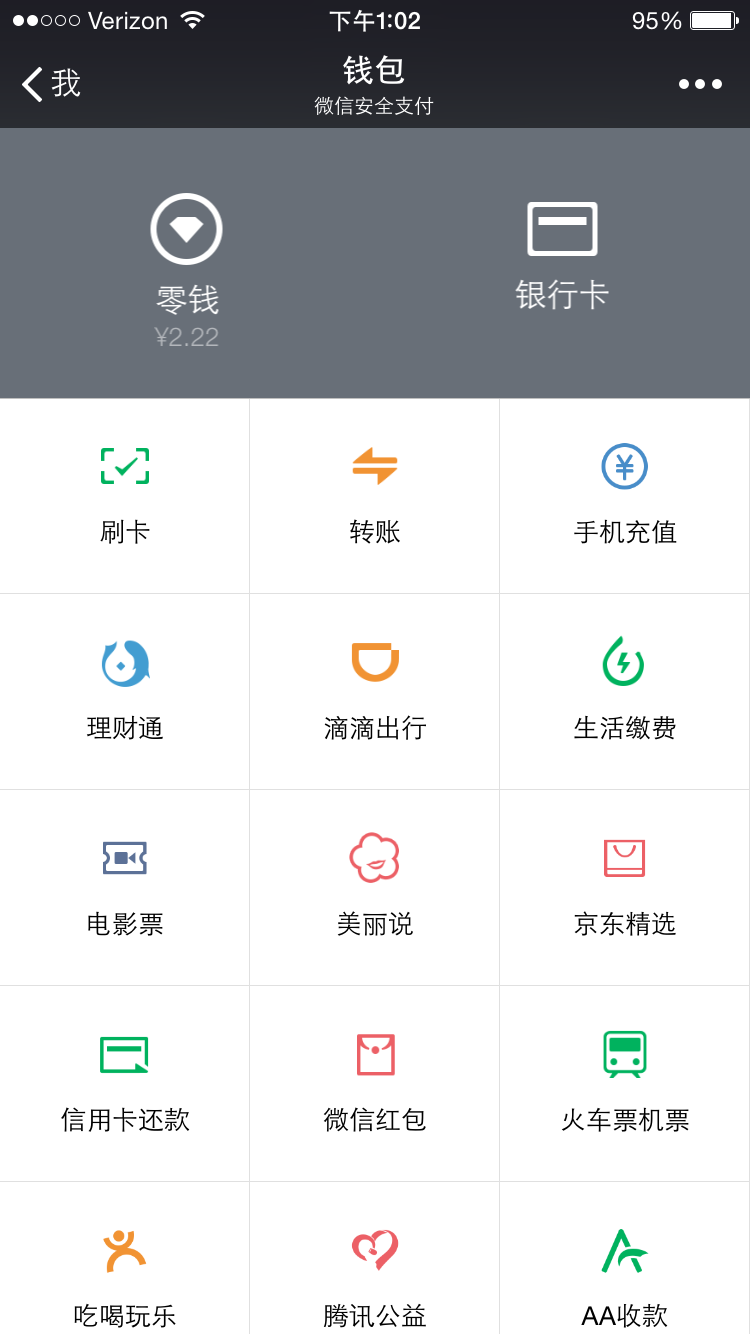Tapping a market of 1.3 billion consumers sounds like a no-brainer. Fortunately, in our interconnected world, you can communicate with anyone anywhere in the globe. You can develop an app, and it is available for billions of people in an instant. But will they ever actually find your app? How will you make them want to use it?
If you want to reach into the wallets of China’s netizens, your app has to take some Chinese lessons.
Leo Liu, the greater China country manager for PopCap Games, the developer of Plants vs. Zombies, said, “We were amazed by how much support we got from our fans in China after we localized Plants vs. Zombies on iPhone into Chinese. The comment boards were flooded with positive comments, and in only three days, the Chinese version reached the number one paid application spot on the China App Store. We’re selling twice as many copies now, in Chinese, than we ever sold in English.”
If you ever want to see the kind of Chinese app store success that Plants vs. Zombies achieved, you’ll have to translate your app into Chinese. Here are three reasons your app should speak Chinese.

Chinese Plants Vs. Zombies
Chinese Internet and Smartphone Users Outnumber American Users
In China, a country with a population of 1.3 billion, 47.9% of the people use the Internet. That is about 649 million people. (In comparison, the number of American Internet users is just about 280 million.) Out of that number, 86% of them use phones to access the Internet.
Clearly, if you want to do business in China, you have to master mobile. Over 39% of Internet usage in China takes place on mobile devices. That includes shopping. In the third quarter of 2014 Chinese used mobile devices to spend more than $37.95 billion.
As Kendra Schaefer says, “Mobile First? Puh-leez. China Is Already Going Mobile Only.”
China Has a Low Average English Level
Out of 63 countries ranked by English First’s English Proficiency Index, China ranked 37, receiving a grade of “low” for English level.
Of course, millions of Chinese people have amazing English knowledge and skills, even better than some Americans or British, but most of the proficient English speakers live in a few first-tier cities like Beijing, Shanghai, and Hong Kong.
In second-tier cities and in the countryside live millions of consumers with little to no English ability. You don’t want to assume that those who cannot read your app’s user interface will have the patience to use it anyway.
Studies show that even those who can speak English still prefer to use websites and apps that are translated into their own language.

The Journal of Consumer Research says that content written in a person’s native language will cause a greater emotional reaction than content written in their second language. Authors of the study said, “Our findings show that, in general, messages expressed in consumers’ native languages tend to be perceived as more emotional than messages expressed in their second language.”
As an app developer, you should speak the language of people’s home and heart. Only if you make that connection by translating your app into Chinese will users in China want to download, and perhaps spend money on your app.
Chinese Use Their Phones for Everything
The app WeChat acts not only as a messaging app but also as an online wallet similar to PayPal. What’s more, you can use it to hail taxis, to order groceries, and to play games. It will even tell you what parts of the city are most crowded at any given time.
In China, telephones have a breadth of function that phones in America don’t fulfill in the same way. While PayPal is still rarely used in brick-and-mortar stores, WeChat payments are now common all over China.
Clearly Chinese are used to using apps to deal with every aspect of their lives.
Although studies show that that Chinese prefer not to pay for apps, they do love to spend money in apps. Ninety percent of the money made from apps comes from in-app purchases.
As Internet usage in China continues to grow with a mobile-centric bent, be sure that app developers have endless opportunities to reach the Chinese consumers and increase their global revenue. There has never been a better time than now to translate your app into Chinese.
Darren Jansen, Business development and content manager for IVANNOVATION has a lifetime love for tech and languages. At IVANNOVATION he helps software developers get professional localization for their apps, software, and websites. On his time away from the office, he can be found hiking the Carolina wilderness or reading Chinese literature.



